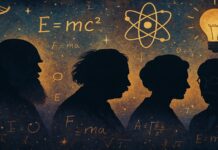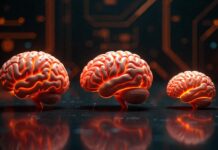
In the pursuit of intellectual growth and expanding our horizons, books have been our trusted allies. They serve as portals to unexplored worlds, unlocking our imagination and offering diverse perspectives on life. For the inquisitive minds yearning for new knowledge and new thoughts, there exists a vast collection of exceptional literature that challenges conventions and pushes the boundaries of understanding. In this article, we will delve into 10 extraordinary books tailored for those with a deep curiosity, authored by brilliant thinkers who dare to explore the uncharted territories of knowledge.
Related:
So… let’s start:
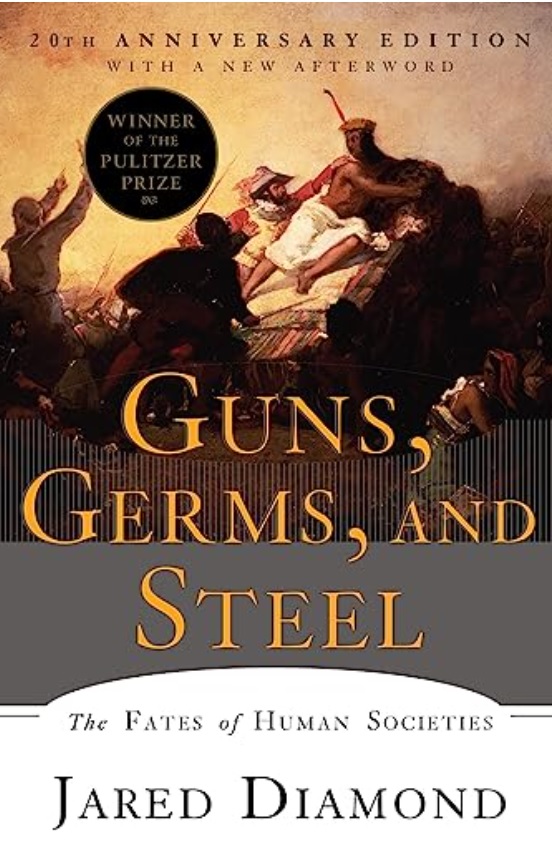
“Guns, Germs, and Steel: The Fates of Human Societies” by Jared Diamond:
Embark on an epic journey with Jared Diamond as he seeks to uncover the intricate factors that shaped human history. Diamond analyzes the broad patterns of civilization, tracing the influences of geography, technology, and societal structures. This captivating work offers valuable insights into the disparities between nations and invites readers to question the factors that have driven human development.
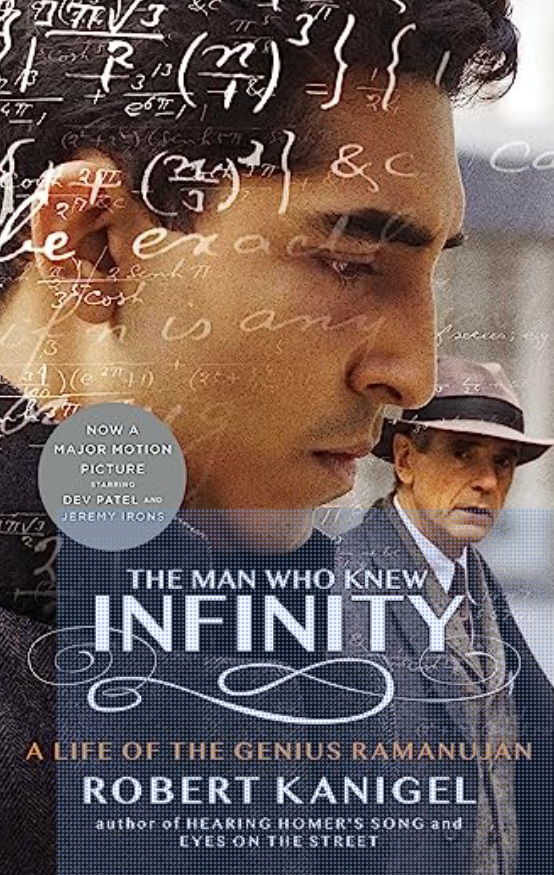
“The Man Who Knew Infinity: A Life of the Genius Ramanujan” by Robert Kanigel:
Dive into the fascinating life of Srinivasa Ramanujan, a self-taught mathematical prodigy. Robert Kanigel brings to life the journey of Ramanujan, from his humble beginnings in India to his groundbreaking contributions to mathematics. Born in 1887, his story is one of unparalleled talent, and the triumph of the human spirit. This captivating biography explores the interplay between genius, culture, and the relentless pursuit of knowledge.

“The Demon-Haunted World: Science as a Candle in the Dark” by Carl Sagan:
In a world increasingly plagued by pseudoscience and misinformation, Carl Sagan’s book remains a beacon of rationality. He emphasizes the importance of critical thinking, scientific skepticism, and the wonders of the scientific method in helping us navigate the complexities of our universe.
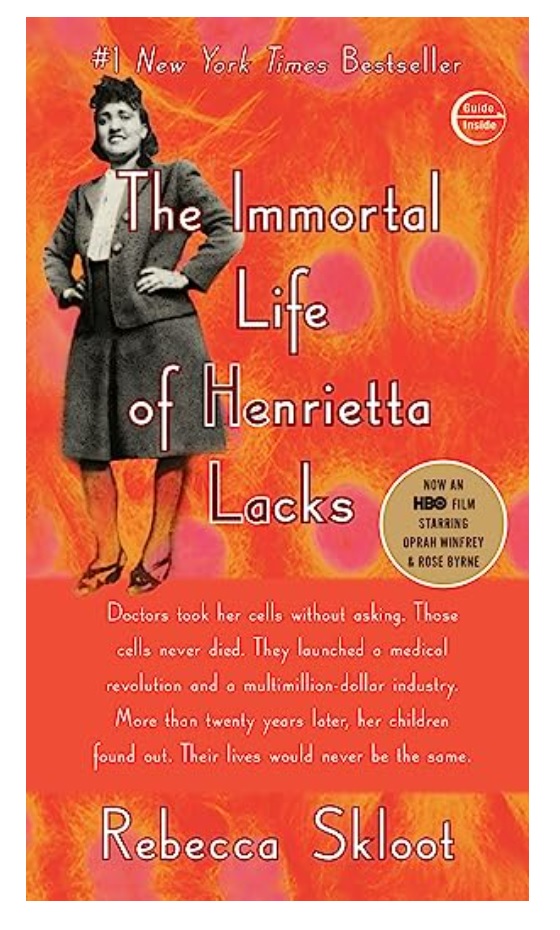
“The Immortal Life of Henrietta Lacks” by Rebecca Skloot:
Delve into the remarkable true story of Henrietta Lacks and the groundbreaking medical discoveries that emerged from her cells. Rebecca Skloot explores the ethical implications of scientific research and the exploitation of human tissues and immortality. This captivating narrative sheds light on the intersection of medicine, race, and ethics, compelling readers to reflect on the complex relationship between scientific progress and human rights.
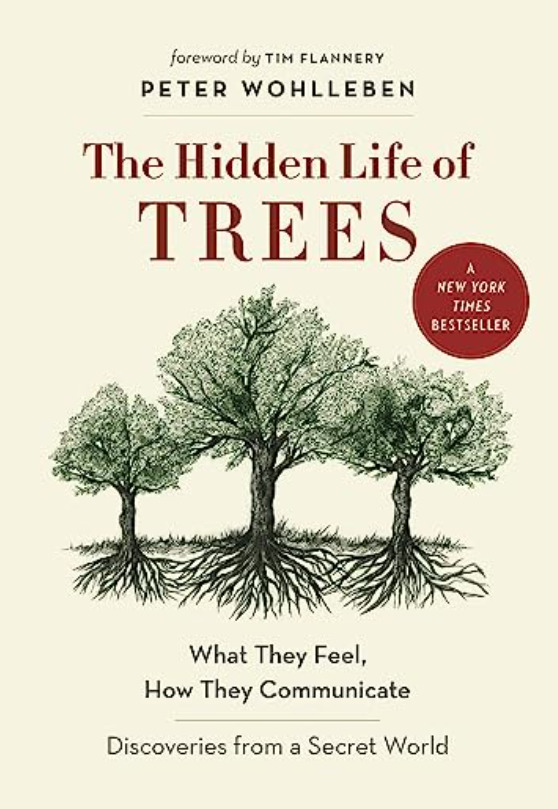
“The Hidden Life of Trees: What They Feel, How They Communicate” by Peter Wohlleben:
Peter Wohlleben takes us on an enchanting journey through the secret world of trees. Exploring the intricate web of connections and communication between trees, Wohlleben unveils the fascinating ways in which these silent giants thrive and support each other. This book invites readers to develop a deeper appreciation for the natural world and reflect on our relationship with the environment.
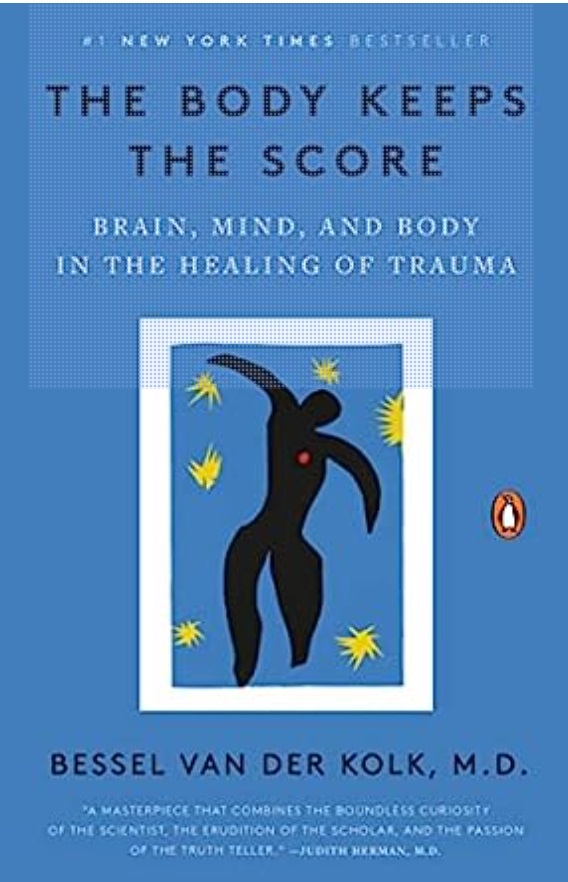
“The Body Keeps the Score: Brain, Mind, and Body in the Healing of Trauma” by Bessel van der Kolk:
Bessel van der Kolk, a leading expert in trauma research, offers profound insights into the impact of trauma on the human body and mind. Drawing from years of clinical experience, van der Kolk explores innovative therapeutic approaches that promote healing and resilience. This transformative book encourages readers to reevaluate their understanding of trauma and advocates for a holistic approach to healing.
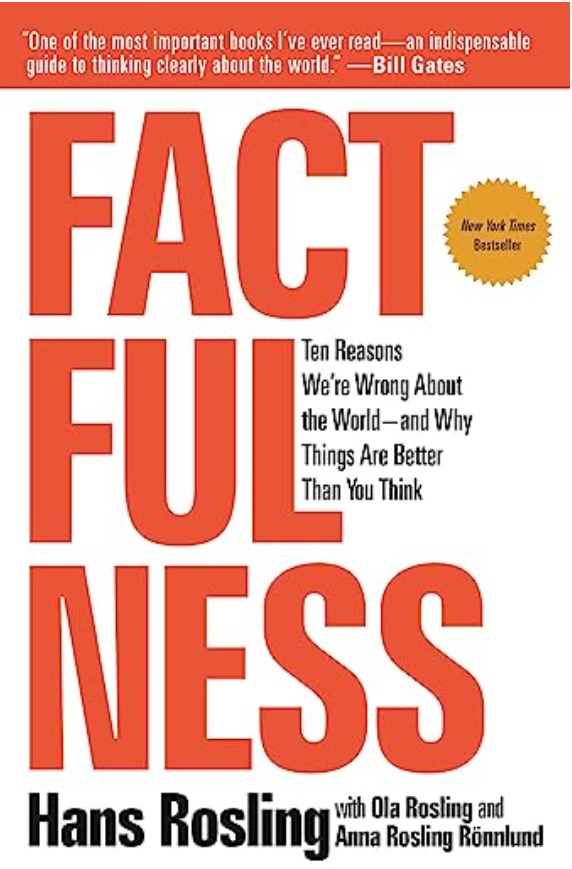
Factfulness: Ten Reasons We’re Wrong About the World—and Why Things Are Better Than You Think” by Hans Rosling, Ola Rosling, and Anna Rosling Rönnlund:
Challenge your preconceived notions about the state of the world with this enlightening book by the late Hans Rosling and his co-authors. Through data-driven analysis, the authors debunk common misconceptions and reveal the remarkable progress humanity has made in areas such as health, education, and poverty.
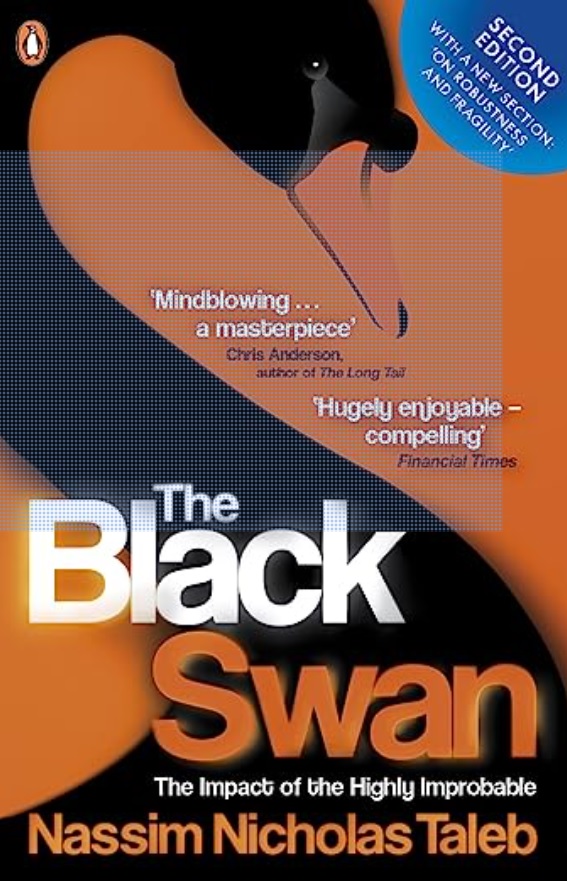
“The Black Swan: The Impact of the Highly Improbable” by Nassim Nicholas Taleb:
Nassim Nicholas Taleb challenges our understanding of randomness and probability, introducing the concept of black swan events—highly consequential, unforeseen events that defy our expectations. Through captivating anecdotes and philosophical reflections, Taleb urges us to embrace uncertainty and adapt our thinking to better navigate an unpredictable world.
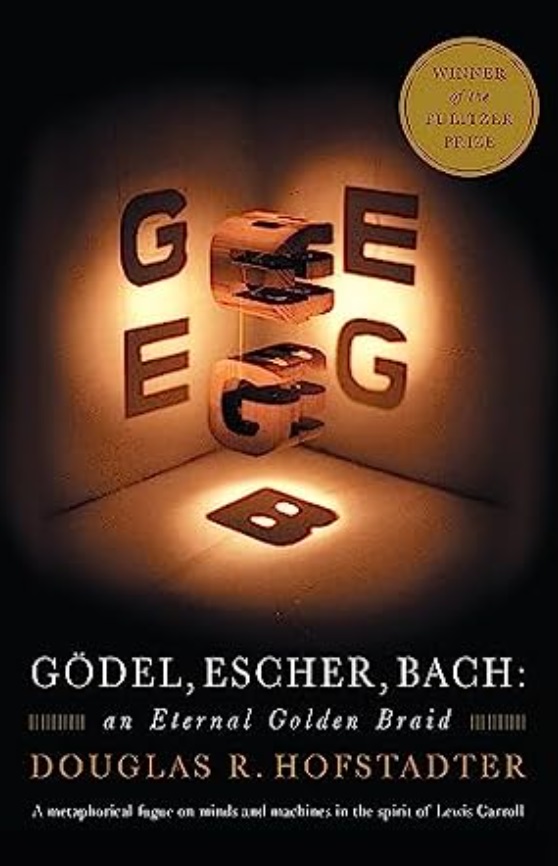
“Gödel, Escher, Bach: An Eternal Golden Braid” by Douglas R. Hofstadter:
Delve into the intersection of mathematics, art, and music with Douglas R. Hofstadter’s masterpiece. In this extraordinary work, Hofstadter weaves together concepts from logic, recursion, and self-reference to explore the nature of consciousness and the boundaries of formal systems.
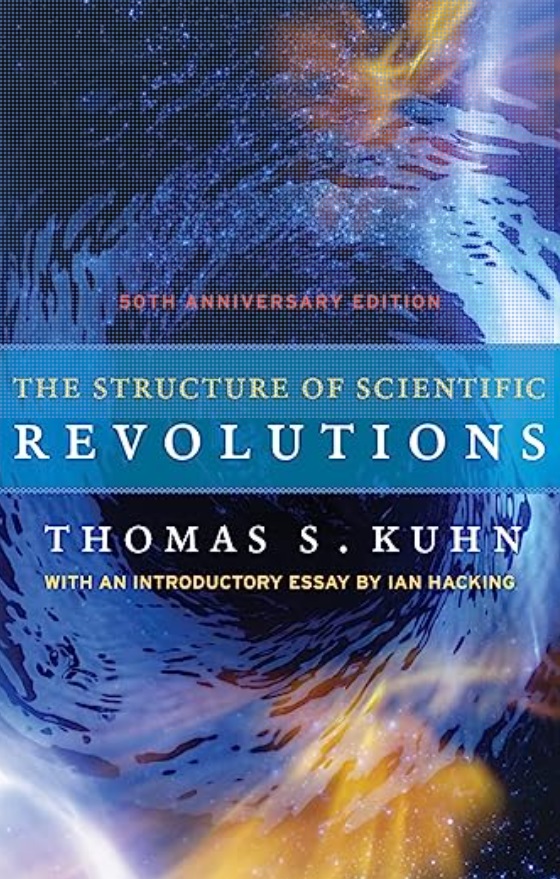
“The Structure of Scientific Revolutions” by Thomas S. Kuhn:
Thomas S. Kuhn’s influential work challenges our conventional understanding of scientific progress. He introduces the concept of paradigm shifts, where existing scientific frameworks are overthrown by revolutionary discoveries. This thought-provoking book encourages us to question established knowledge and embrace the inevitable disruptions that drive intellectual evolution.
For those with a boundless thirst for knowledge and education, these books offer a gateway to intellectual exploration. From unraveling the forces that shaped human history to contemplating the mysteries of consciousness, each book invites readers to embark on a unique journey of discovery. By delving into these captivating works, we can challenge our assumptions, expand our horizons, and nurture our curiosity. So, pick up one of these exceptional titles and let your inquisitive mind soar to new heights of understanding.
And this is what we do here at CuriousMatrix.com
…and at the end couple of interesting and / or weird facts about curious people.
Interesting facts about curiosity and curious people
Did you know that a curious mind not only expands your knowledge but also enhances your overall well-being? Research suggests that individuals with a curious disposition tend to experience lower levels of stress, have better problem-solving skills, and display a greater sense of life satisfaction. Curiosity stimulates the brain’s reward system, releasing dopamine, a neurotransmitter associated with pleasure and motivation. So, embrace your curious nature, as it not only fuels intellectual growth but also contributes to a more fulfilling and enjoyable life.
…and additionally:
Curious minds have a tendency to ask peculiar and unconventional questions that may leave others bewildered. One intriguing aspect of highly curious individuals is their inclination towards exploring strange and seemingly unrelated topics (as we do here at CuriousMatrix.com). This can lead to fascinating discoveries and connections that others may never consider. For instance, did you know that a study conducted at the University of California, Santa Barbara found a correlation between people with curious minds and a higher likelihood of having a diverse taste in music? It seems that the same curiosity that drives individuals to seek out knowledge and explore new subjects also extends to their musical preferences, resulting in an eclectic and varied playlist. So, embrace your quirky questions and unconventional interests, as they may just lead you down an unexpected and delightful rabbit hole of discovery.
Hope you will enjoy reading this books. Have fun and expand your mind and your curiosity even more.
Note: If you enjoyed these recommendations, you might also like:





















